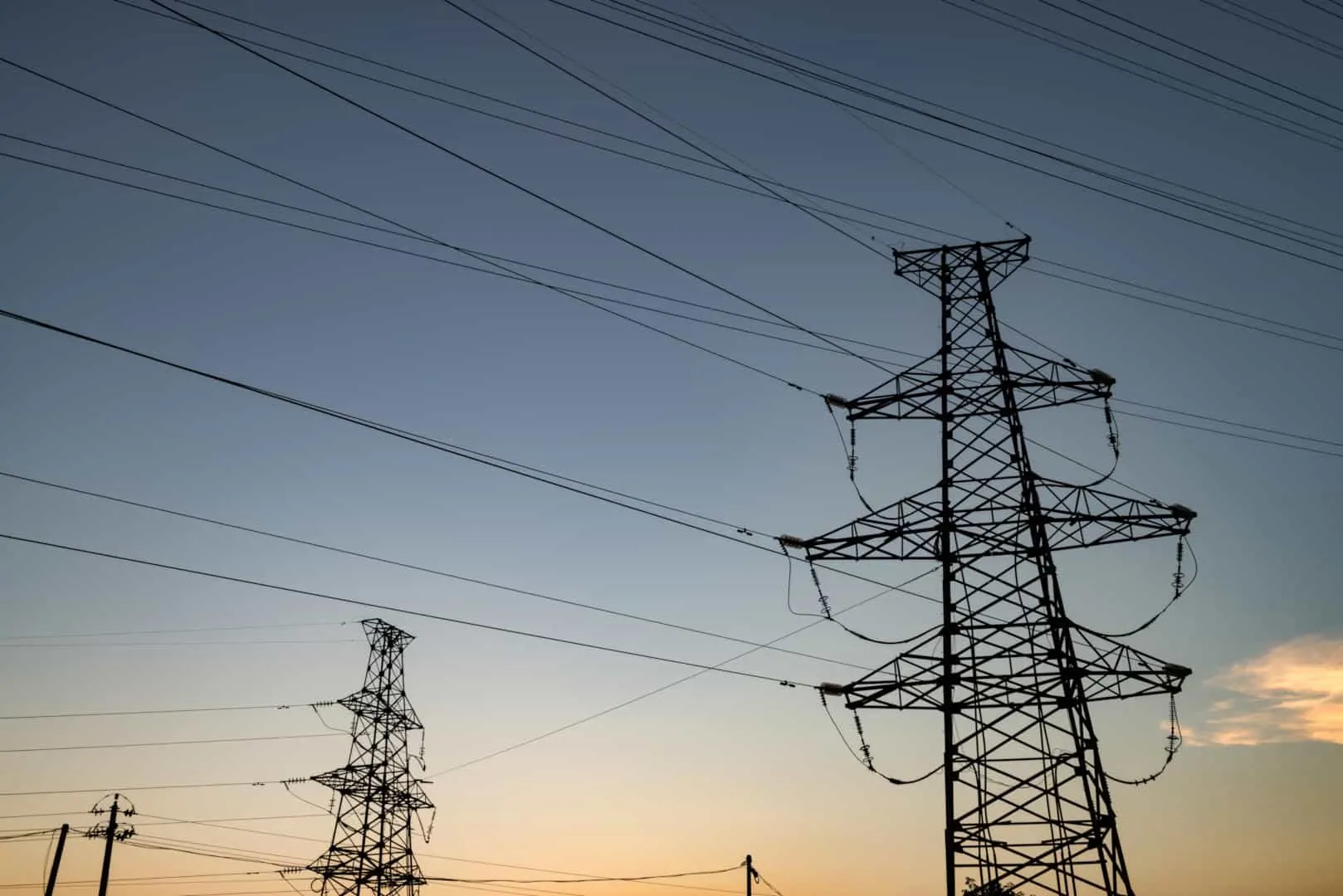The development and testing phase of Endesa's CONFIA project has been successfully completed. Now the implementation of CONFIA and blockchain technology will allow the competent authorities to efficiently and effectively manage the cases of energy poverty that exist in Spain.
The Spanish company Endesa announced the completion of his project TRUST. A large-scale project that is intended to implement blockchain technology to manage and manage the provision of social services within Spanish municipalities. In order to detect and mitigate in a timely manner the cases of energy poverty that exist in the country.
Specifically, the purpose of the CONFIA project is to detect who are the most vulnerable energy consumers among the population. And they can access the bonuses and social aid established by law.
Creating new solutions
Since 2014, the National Electricity Company Sociedad Anónima (Endesa) has sought feasible solutions that allow the efficient management of Spain's electrical resources. So now, Thanks to the implementation of blockchain technology, you will be able to speed up and facilitate procedures within this sector. Which in turn will allow timely and more fluid management of information. Especially so that competent entities can provide feasible solutions in real time.
Likewise, technology companies are also collaborating with this project. Izertis, Ayesa and the . Izertis is a technology consultancy specialized in the development of blockchain systems. While Ayesa is a Spanish multinational that focuses on engineering projects and the application of IT systems in social areas.
For its part, the pilot tests of the CONFIA project began in the Malaga City Council, with real citizens of the town. Therefore, the city council was able to efficiently and immediately know the data of the people who have failed to pay their electric service bills. It is now hoped that CONFIA can be extended and applied as soon as possible to the rest of the Spanish municipalities.
It may interest you: World Economic Forum published document on the principles of Blockchain technology that will help protect its users
Details about CONFIA, a pioneering project in Europe
The project CONFIA by Endesa is a pioneering initiative in Spain and Europe. One that implements blockchain technology to help detect in real time the most vulnerable people who may suffer from energy poverty. This is in order to expedite and efficiently manage the distribution of bonuses and social aid among the vulnerable population.
The implementation of this project arises due to the complex process carried out by the energy company to manage its customer database. Which involves several officials of the entity who must manage a constant and complex flow of information. Therefore, social aid procedures are carried out slowly and imprecisely. Since the officials in charge of these areas cannot have a global vision of management in real time.
The information on payment defaults and energy outages is sent by Endesa to the Autonomous Communities. Who in turn fill it out and send it to the social services of the municipalities. A rather slow data management process that often causes social officials to find out about the current status of citizens when they have already been affected. Therefore, the implementation of Blockchain technology will speed up this process. This eliminates unnecessary paperwork and procedures and allows a constant flow of information in real time.
Thus, Endesa and the competent authorities will be able to immediately receive the data of people who have been notified of non-payment and who are likely to have their electrical services cut off. Thus streamlining the provision of social care services and aid vouchers to protect the vulnerable population.
Blockchain-based initiatives in Spain and Europe
The utility offered by blockchain technology today exceeds that of simply allowing financial control of a cryptocurrency. In Spain, a series of initiatives have taken place that implement this technology to improve their processes. A recent example of this is the current Electronic Health Passport that will take place in this country. And it is a measure to prevent the spread of COVID-19.
This health passport was designed with the purpose of allowing the reactivation of various sectors in the country. Especially the tourist area, which has been strongly affected by the pandemic. So this passport will use an application connected to a database based on blockchain technology. Where a real, constant and updated record of the users' health status will be maintained before boarding a flight.
Likewise, the telecommunications company Telefónica Tech has offered access to its intelligence systems based on blockchain, IoT, Big Data and Artificial Intelligence. This initiative is aimed at startups in the technology sector located in Spain, the United Kingdom and Germany. Who will have up to 6 months of access to these technologies to optimize and boost their companies. Thus improving the quality of the services offered to users.
Boost to blockchain technology in the world
At the beginning of May, the United Nations (UN) presented a report aimed at publicizing the benefits of blockchain technology in marine supply chains.
The report titled Blockchain Application in Seafood Value Chains presents several essential aspects. Especially those that must be considered for the implementation of technology in this area. And it is initially focused on the marine sector since fishing products are among the most traded in the world. Therefore, through this technology we seek to provide a feasible solution. One that allows suppliers to efficiently control the origin of the products they sell. Guaranteeing food safety and compliance with current regulations.
With the implementation of blockchain, suppliers will be able to keep a complete, real and automated record of the products that enter, remain and leave the supply chain. In addition, they will be able to be informed of all the operations carried out within the system in a transparent and decentralized manner. As well as they will also have smart contracts that are executed automatically when the established conditions are met. Efficiently automated all processes.
Continue reading: Ripple, SWIFT and Microsoft join FPC Payments Consortium




